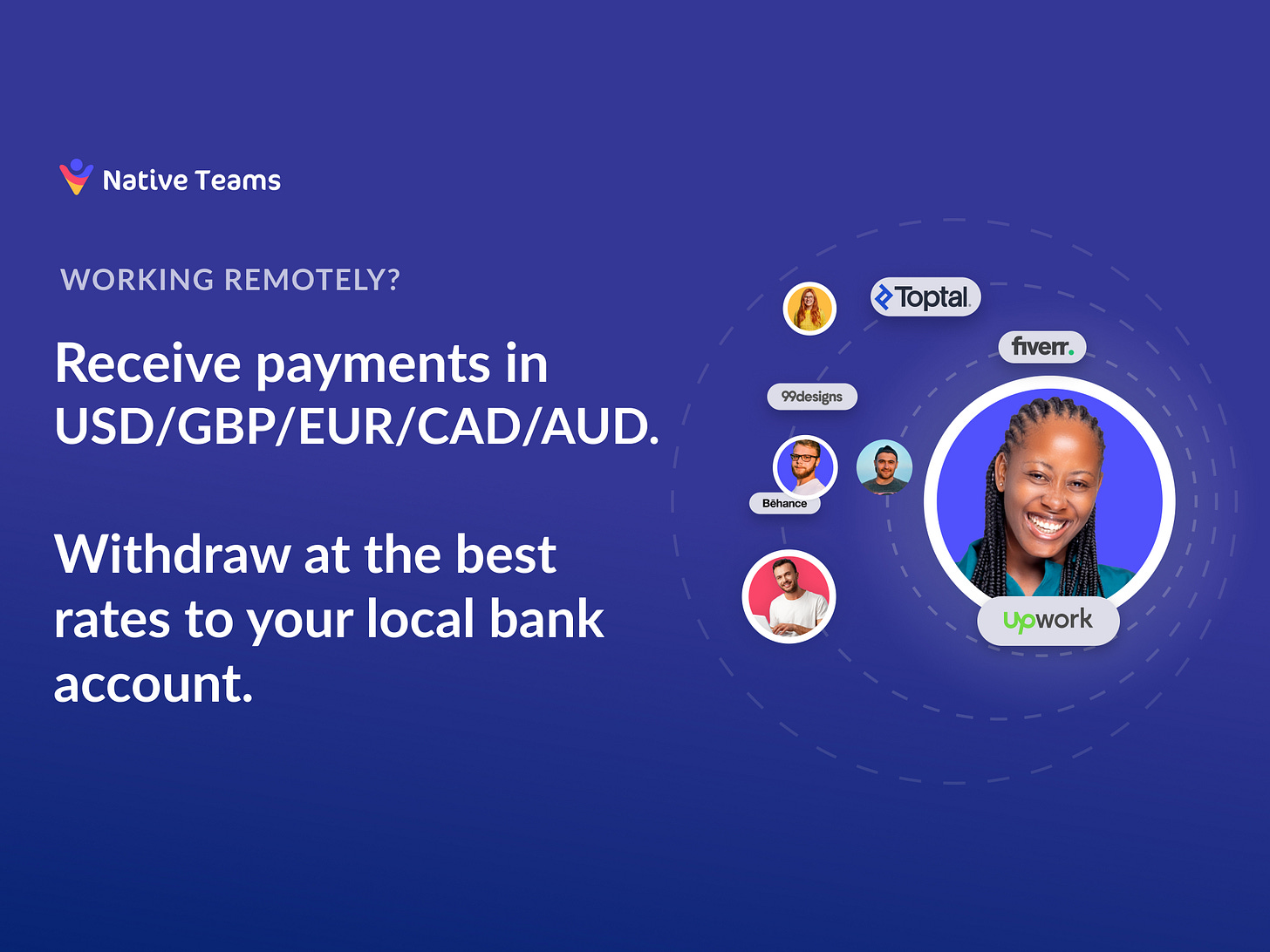The Emefiele Finale
With (fake) tears in our eyes, we write our last newsletter about Meffy
If you missed last week’s Notadeepdive, catch up here. Today’s Notadeepdive is 828 words. Show us some love by sharing this newsletter:
Godwin Emefiele’s complex legacy
By 2016, it became apparent that despite the CBN throwing the kitchen sink at the FX problem, nothing but allowing the market to determine true prices would work. Interestingly, it was also at this point that we started to see even less independence from the Central Bank Governor, Godwin Emefiele.
After sixteen months of insisting on a $1/₦198 peg, the CBN eventually decided to loosen control even as the greenback traded for N300 on the black market. In June 2016, many publications ran some version of the same headline: CBN had decided to float the Naira. Much like this month’s reported float, the rationale was an expectation that my allowing the official price of the Naira to move to match the black market rate, it would eventually force prices downwards. At the time, one leaked letter from Godwin Emefiele to Buhari suggested that the CBN governor figured that the price would stabilise at around $1/₦250 after the float. That would have allowed the CBN to clear a backlog of about $4 billion.
Despite the necessity of the CBN’s actions, Buhari remained unconvinced. Here’s what he said then: “How much benefit can we derive from this ruthless devaluation of the Naira? I’m not an economist neither a business man, I fail to appreciate what is the economic explanation.” It was clear that Emefiele’s early concerns over the “approach of President Buhari to fiscal and monetary issues” was merited. The difference this time was that Meffy and President Buhari had become best buds.
It’s worth examining Nigeria’s 2016 float because it looks and feels like this month’s float. While free floats have advantages, they can introduce short-term volatility and send prices swinging wildly. Without a commitment to allowing the market to determine prices, policymakers often lose their nerve and return to artificial prices. And so, four months after Nigeria floated the Naira in 2016, it was right back where it started.
TOGETHER WITH NATIVE TEAMS
Multi-Currency Payments At Your Fingertips!
Are you a freelancer or remote worker earning in USD, GBP, EUR, CAD, or AUD? Get paid through Native Teams and withdraw directly to your Naira account.
With $19 (8,800), you get;
- Our Multi-Currency Wallet.
- Invoice and send payment links to your clients in 50+ countries.
- Withdrawal at best rates to your local bank account.
The floated official price of $1/₦306 did not move an inch for months, even as the parallel market prices started to move towards $1/₦470. To worsen matters, shrinking FX reserves meant settling petrol import bills became much more difficult. An increase in petrol price—always a deeply unpopular move—was inevitable. And if the official prices moved towards the parallel market rates, it would force even more increases in the price of petrol. In his eight years, Buhari showed that unpopular but necessary decisions were not his thing.
Eventually, petrol prices were increased from ₦86.50 to ₦145, and the pushback was immense. No way in hell would the government let fuel prices rise again. The solution was to turn its back on any pretenses to a full float and resort to old tricks. The CBN blamed BDCs, bad actors, Aboki FX, and everyone else. Thankfully, there was no repeat of the 2015 incident where it cut down trees in Abuja to get the market to conform to the official prices–I promise I didn’t make that up.
Thanks to the failure of the bank’s numerous schemes to control demand, we’ve become a nation obsessed with foreign exchange rates. The British make small talk about the weather, and Nigerians talk about the exchange rate. In the end, Emefiele gave up on his losing game and just wanted to see out his tenure.
As inflation worsened over three years, the CBN held rates tight and looked the other way as the government continued to borrow itself into a hole. The CBN’s Anchor Borrowers Program, touted as one of many agricultural schemes to aid food self-sufficiency, failed colossal proportions. Ironically, while Emefiele had concerns over Buhari’s monetary policy thinking, he didn’t prove to be any better over eight years.
Among his big wins, however, was getting the CBN to move quickly to pass Open Banking guidelines, making Nigeria a pioneer. There was also much clarity about fintech licences in his time as governor. And suppose you can overlook his decision to ban crypto trading. In that case, you can also credit him for not getting in the way of Nigeria’s neobanks, some of which I still think need clearer regulation and maybe specific licences for the category?
Ultimately, Emefiele’s time as governor will ensure he’s the scapegoat for Nigeria’s many economic failures. But my bigger lesson from it is that Nigeria has a pattern of making the same mistakes and expecting different results. Last week, the CBN clarified that despite the float, it would still keep a list of 41 banned items for which importers cannot get FX. With the new market-determined exchange rate, another increase in fuel prices also seems inevitable. Will policymakers panic again when these policies don’t immediately deliver lower prices? And will we have a repeat of 2016 all over again?
See you next weekend and be sure to leave a comment!




😂😂 I'm not ready to say goodbye to Meffy on Notadeepdive...
It's sad he bowed to pressure after he came with such heat, at first.
Well, it's done.
Thanks and please keep us updated in his fate.. If you can.
This is well written, Sire. I enjoyed your use of imagery.
I'm glad that Meffy simplified Fintech licenses. Ambiguous licenses are sometimes the reason why companies are found on the wrong side of the law.